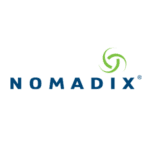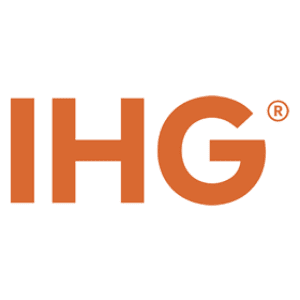 Turkish Airlines, the airline that flies to more countries and international destinations than any other airline, and Skift, the largest industry intelligence platform providing media, insights and marketing to key sectors of travel, have launched the 2018 Global Business Traveler Report.
Turkish Airlines, the airline that flies to more countries and international destinations than any other airline, and Skift, the largest industry intelligence platform providing media, insights and marketing to key sectors of travel, have launched the 2018 Global Business Traveler Report.
Based on industry feedback and interviews from U.S.-based corporate travel managers and international business travellers, the report examines how factors ranging from disruptive new technologies to personal preferences continue to impact the rapidly-evolving world of corporate travel planning and policy.
The report aims to show ways that corporate travel managers and business travellers can find balance in their common purpose and mutual mission despite the gaps and differences in their objectives, expectations, priorities and realities.
Key corporate travel trends for 2018 identified by the Global Business Traveler Report include:
Employees are taking control over their business travel
Increasingly self-reliant on mobile technology and personalised tools in planning and managing personal travel, corporate travellers increasingly want the same freedom and flexibility for their professional trips. Showing no signs of slowing, this macro trend of consumerized business travel is irresistibly shifting travel management trends and policy.
There is a new partnership model for managers and travellers
Disruptive new technologies and other resources are emboldening employees to be more assertive in their travel planning and decisions, including stepping outside of company policy. Rather than looking to fit this new reality into existing policy norms, travel managers have the opportunity to architect flexible new frameworks that protect company objectives while providing employees with the freedom they desire.
The frontiers for technology-supported travel are expanding
Corporate travellers are not quite ready to go full-tech. While embracing automated and digital solutions for basics like checking travel details and checking in for flights and hotels, they still want live, real-time human support for more advanced or urgent needs and concerns. As use and acceptance of improving chatbot, artificial intelligence and other next-generation technologies grow, however, greater traveller dependence on tech is foreseeable.
The sharing economy is heading into the mainstream
The disruptive power of the “sharing economy” cannot be ignored, as business travellers increasingly embrace the alternative transportation and lodging options offered by leading players like Uber, Lyft and Airbnb. With major corporations and travel management companies beginning to formalise their relationships with these operators, CTMs, along with the taxi and rental car industries, will face a mix of new opportunities and challenges.
A deeper understanding of loyalty is emerging
Business travellers are rethinking and reassessing why they should be loyal to travel industry suppliers and brands. Among the ties that bind: a deeper understanding of their priorities and preferences and personalised, customised rewards. For brands, it’s a prime opportunity to listen to the corporate customer and evolve new ways to strengthen and further relationships in this important segment.
The 2018 Global Business Traveler Report presented by Turkish Airlines and Skift can be viewed here.















